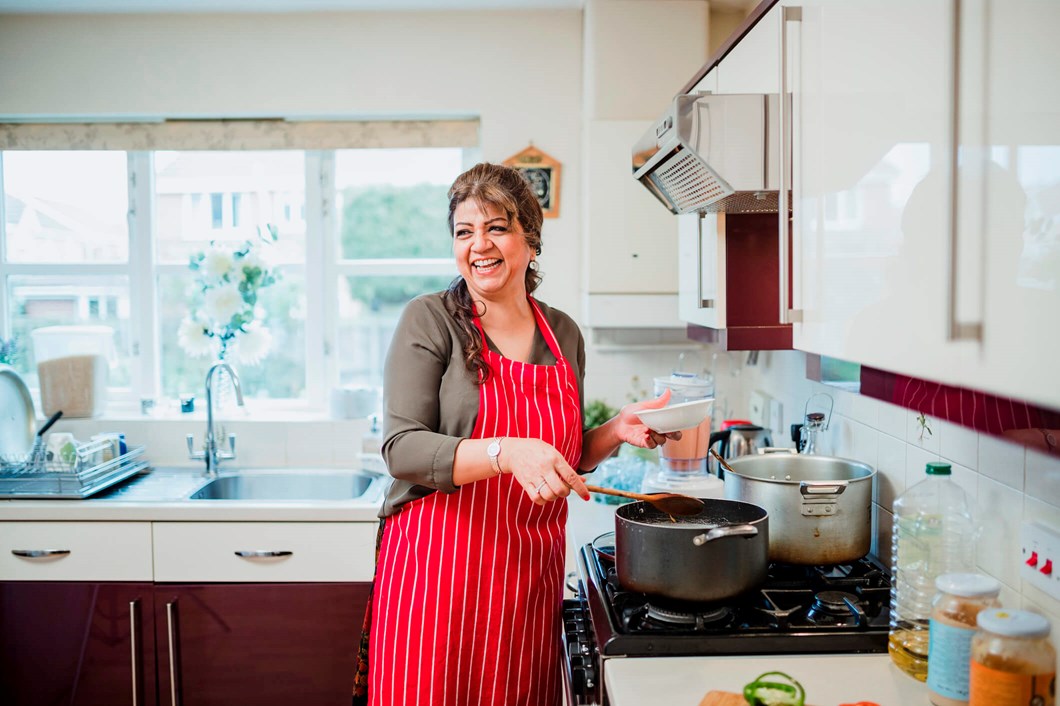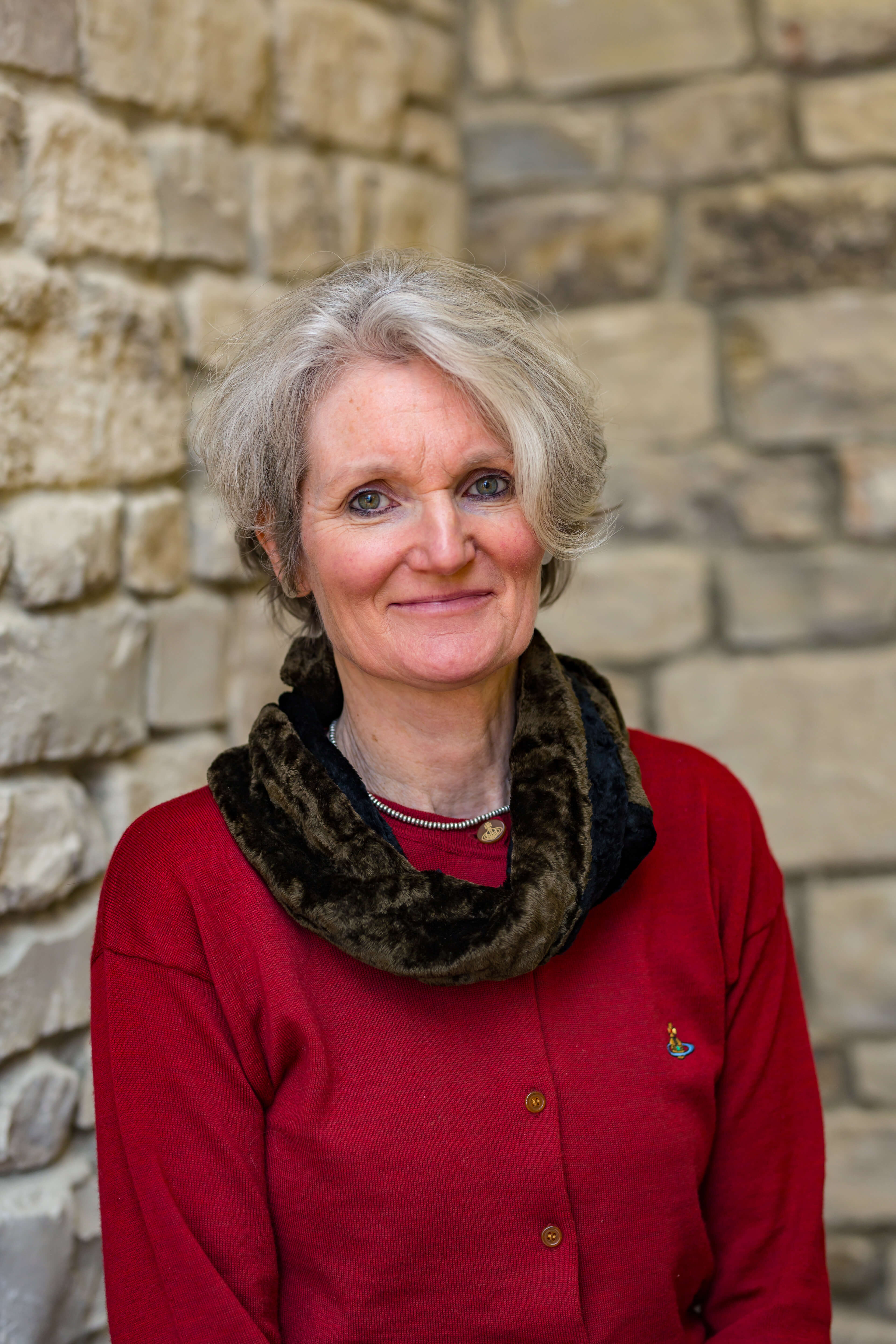
What's the menopause got to do with bone health?
Expertise
22 Mar 2021

Menopause and your bones
Menopause is an important moment in a woman’s bone health. This is because the oestrogen hormone that's important for keeping bone density stable and maintaining bone strength, decreases. As a result, bone density starts to go down too. With this loss of bone density comes reduced bone strength and a greater risk of breaking bones.
Changes can happen more rapidly in the decade after your menstrual periods stop and then there will be a steady reduction through into old age. This gradual bone density loss affects men too.
Early menopause
If you have an early menopause – before 45 and especially before 40 – then the normal process of losing bone density when your oestrogen level drops at menopause, will be happening for longer. This means that you are more likely to develop osteoporosis and have weaker bones in later life.
You should talk to your healthcare professional about whether you can take hormone replacement therapy (HRT). This is usually recommended up to the normal age of the menopause, around 50. It will put you in the same starting position as other women and help keep your bones strong. If you haven’t had a hysterectomy, then you will need to take progesterone (often in the form of progestogen) with oestrogen, to protect your womb lining from a type of cancer.
Early menopause can be a very distressing experience if it happens much earlier than you expected it and while it may be difficult to think about bone health at this time, it is important to do so for the future. If you decide to take HRT for your symptoms, the good news is that it will be protecting your bones too.
Other risk factors at the menopause
At the menopause you may also be affected by other risk factors for osteoporosis and fractures, such as a strong family history of osteoporosis, having particular medical conditions or taking a medication that weakens your bones. You can find out more about risk factors for osteoporosis here.
One very important risk factor is breaking a bone easily. So if you have a simple fall and break your wrist or hip, make sure you get your bones checked by a healthcare professional and talk to them about your risk factors.
You may need investigations or treatments for other conditions or a fracture risk assessment to see if you are likely to break bones. This often includes a bone density scan.
Bone strengthening medications after the menopause
HRT is usually considered the most appropriate osteoporosis treatment if you are under 50 and have passed the menopause. It is effective at reducing the risk of a broken bone by giving you the same exposure to hormones as the average women.
There have been concerns that giving HRT beyond this time might increase the chance of some health risks like breast cancer, blood clots or stroke. Research studies have previously suggested that taking HRT long term increased these risks. This was especially in older women who had a higher ‘background’ risk of these conditions to start with. In recent years however, the evidence from some trials has been more reassuring.
The current thinking is that HRT is generally safe and effective for menopausal symptoms. If used on a short-term basis, the benefits for most women will outweigh any risks. Most experts would also consider HRT as a useful option for osteoporosis treatment in women between 50 and 60, after a discussion of individual risks and benefits. HRT might be especially useful for women who also have menopausal symptoms. You will usually be offered other bone strengthening medications after the age of 60 years.
Lifestyle changes after the menopause
Menopause is a good time to reflect on positive lifestyle changes you can make for your bone health.
Make sure you have a healthy diet, including a wide range of food groups to give your bones all the nutrients they need. You need to make sure you get enough protein, calcium and vitamin D. You should also consider a vitamin D supplement in the winter months when you can’t top up from the sun.
Check your alcohol intake too and make sure it stays below recommended limits. If you are a smoker, seeking help to give up will also be important.
Commit to regular weight bearing, impact and muscle strengthening exercise to keep your bones strong and maintain good balance.
Planning for and acting on your bone health at the menopause can help set a positive pattern for the years to come. Happily, many lifestyle changes to benefit bones will also help to prevent other health conditions too. Read our bone health checklist.
 Search
Search
 Login
Login



